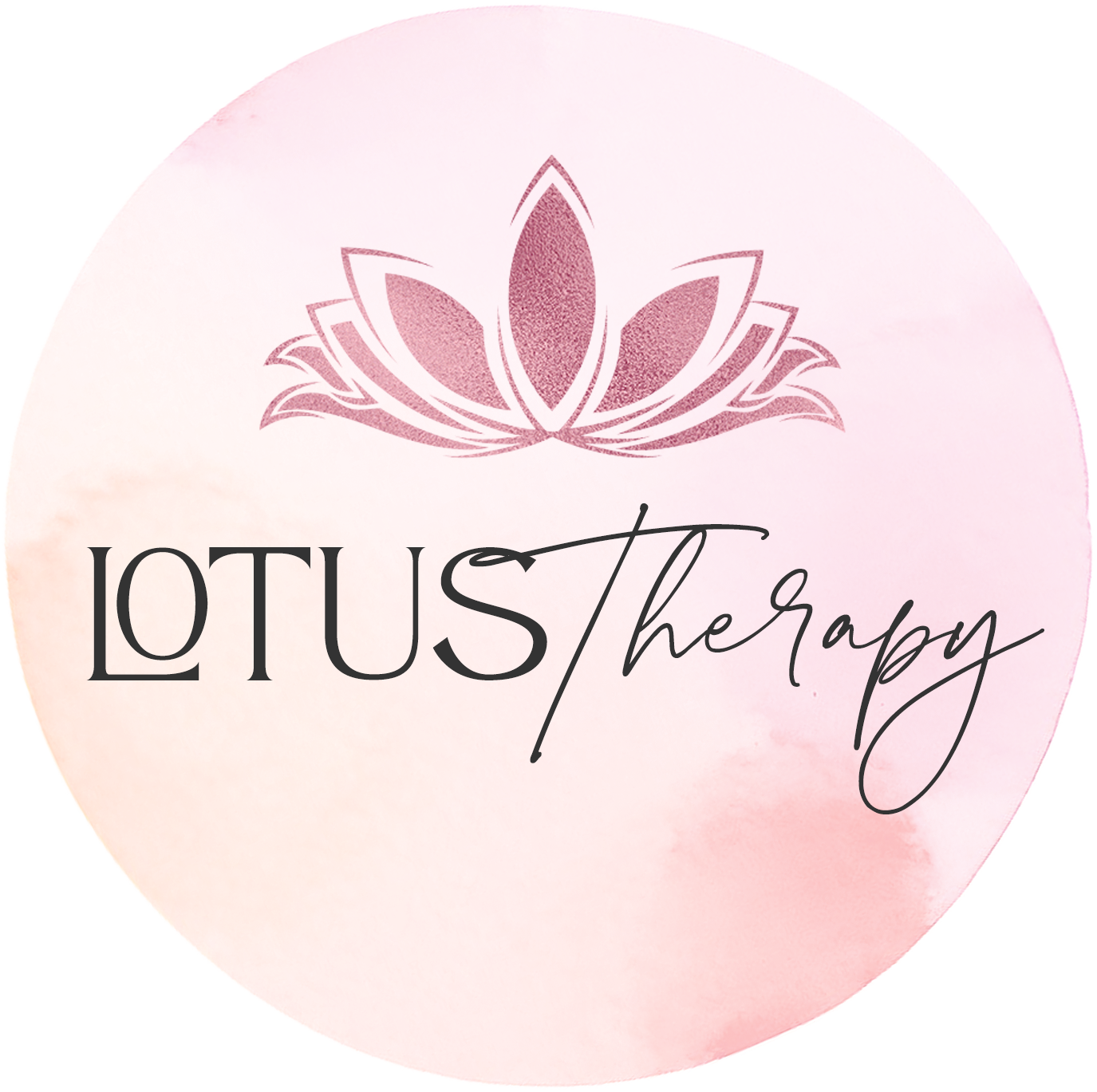LMHC vs MFT
What is the difference between LMHC and MFT?
When it comes to seeking therapy, there are a variety of mental health professionals to choose from. Two common options are Licensed Mental Health Counselors (LMHCs) and Marriage and Family Therapists (MFTs). While both professions offer valuable support to individuals and families, there are some important differences to consider. In this blog post, we'll explore the difference between licensed mental health counselors and marriage and family therapists.
Licensed Mental Health Counselors (LMHCs)
LMHCs are mental health professionals who provide counseling services to individuals, couples, and families. They are trained to diagnose and treat a variety of mental health issues, including depression, anxiety, and trauma. LMHCs use evidence-based therapies such as cognitive-behavioral therapy (CBT) and psychodynamic therapy to help clients work through their challenges.
LMHCs typically hold a Master's degree in counseling or a related field and are licensed by their state's licensing board. In order to become licensed, LMHCs must complete a certain number of supervised clinical hours and pass a licensing exam.
Marriage and Family Therapists (MFTs)
MFTs are mental health professionals who specialize in working with couples and families. They are trained to address the unique challenges that arise in family systems, such as communication breakdowns and relationship conflicts. MFTs use a variety of therapeutic approaches, such as Emotionally Focused Therapy (EFT) and Structural Family Therapy, to help families and couples improve their relationships.
MFTs typically hold a Master's degree in Marriage and Family Therapy and are licensed by their state's licensing board. In order to become licensed, MFTs must complete a certain number of supervised clinical hours and pass a licensing exam.
Differences between LMHCs and MFTs
While both LMHCs and MFTs provide counseling services, there are some key differences between the two professions. The main difference lies in their areas of specialization. LMHCs are trained to address a wide range of mental health issues, while MFTs focus specifically on relationship and family dynamics.
Another difference is the types of clients they see. While LMHCs work with individuals, couples, and families, MFTs primarily work with couples and families. MFTs use a systemic approach, meaning they view individuals within the context of their family and larger social systems.
Which one is right for you?
The decision between seeing an LMHC or an MFT ultimately depends on your individual needs. If you are struggling with a specific mental health issue, an LMHC may be a better fit. If you are experiencing challenges within your relationships or family system, an MFT may be a better choice.
It's important to do your research and choose a therapist who is licensed and trained in the areas that are most relevant to your needs. Additionally, it's always a good idea to schedule an initial consultation with a therapist to get a sense of their approach and determine if they are a good fit for you.
Written By: Crystin Nichols MA, RMFTI

